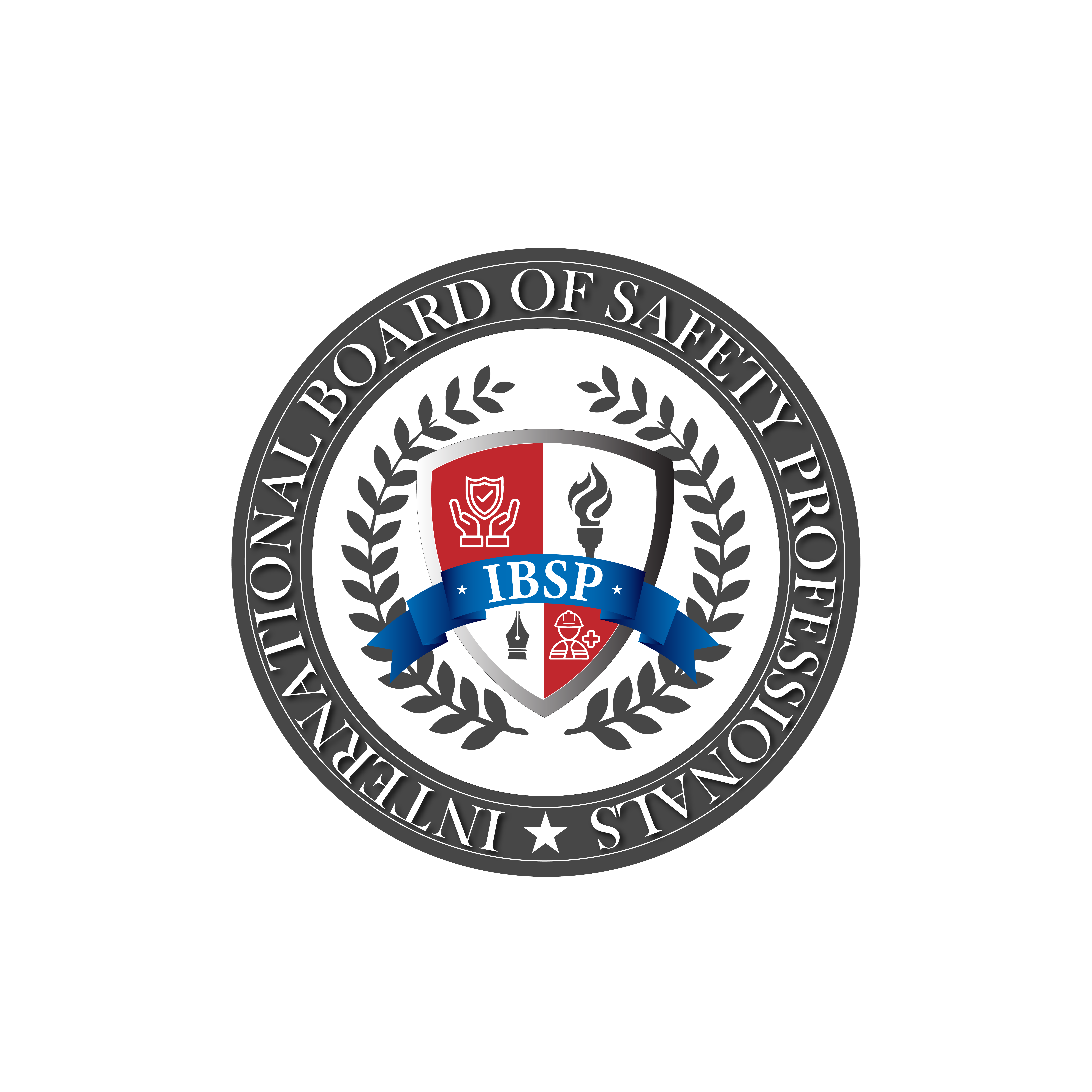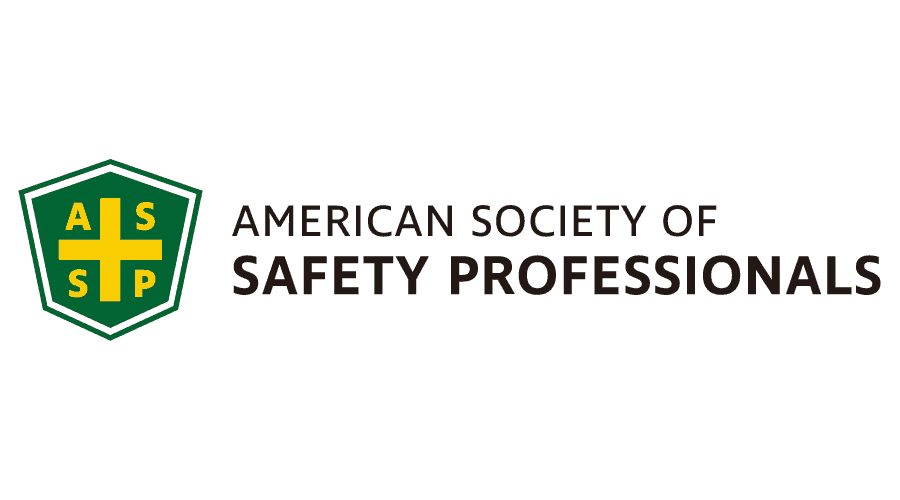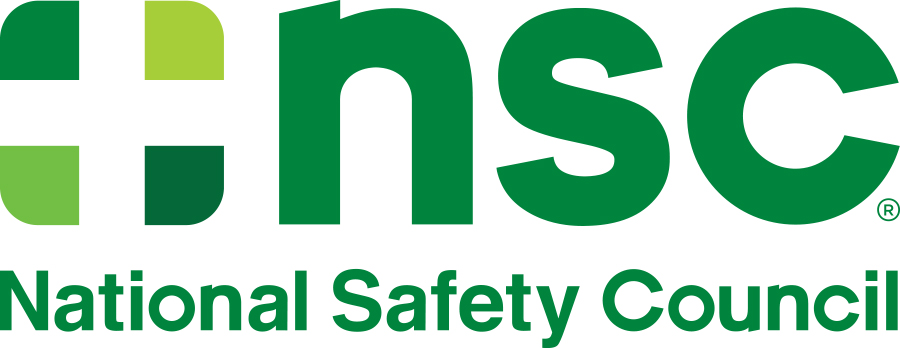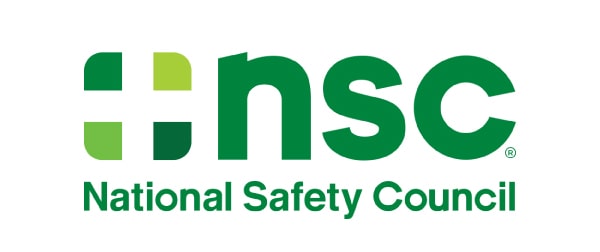IBSP Diploma in Fire Safety
Details About IBSP Diploma in Fire Safety
Course Overview:
The IBSP Diploma in Fire Safety is designed to provide participants with critical knowledge and skills for preventing, managing, and responding to fire hazards in various environments. This comprehensive program focuses on fire safety regulations, risk assessment, and preventive measures to ensure safe workplaces and public spaces.
Key topics include fire behavior, detection systems, fire suppression techniques, and emergency planning. Participants learn to conduct fire risk assessments, design fire safety plans, and implement control measures that minimize fire hazards. Modules cover fire safety equipment, evacuation procedures, fire investigation basics, and the importance of regular drills and maintenance of fire safety systems. Through practical exercises and case studies, students gain hands-on experience in assessing fire risks and preparing effective response strategies. Graduates will be well-prepared to oversee fire safety protocols, contribute to building fire-resilient structures, and ensure compliance with fire safety standards.
Course Modules:
- FFS-071 Module 1 : Fundamentals of Fire Safety
- Understanding the science of fire: combustion, fire behavior, and fire chemistry.
- Fire dynamics and the fire triangle.
- Types of fires and classifications of fire hazards.
- The role of fire safety in various environments (industrial, commercial, residential).
- FRA-072 Module 2 : Fire Risk Assessment
- Conducting fire risk assessments in different settings.
- Identifying potential fire hazards and vulnerabilities.
- Evaluating the effectiveness of existing fire safety measures.
- Developing and implementing risk mitigation strategies.
- FPS-073 Module 3 : Fire Prevention Strategies
- Principles and practices of fire prevention.
- Design and implementation of fire prevention programs.
- Fire safety regulations and standards compliance.
- Fire prevention equipment: fire doors, fire alarms, sprinkler systems.
- FDA-074 Module 4 : Fire Detection and Alarm Systems
- Types of fire detection systems and their applications.
- Installation, maintenance, and testing of fire alarm systems.
- Integrating fire detection systems with emergency response plans.
- Advances in fire detection technology and smart systems.
- FET-075 Module 5 : Firefighting Equipment and Techniques
- Overview of firefighting equipment: extinguishers, hoses, and personal protective equipment (PPE).
- Selecting and using the right firefighting equipment for different types of fires.
- Fire suppression techniques and strategies.
- Hands-on training in firefighting scenarios.
- EEP-076 Module 6 : Emergency Evacuation Planning
- Developing and implementing effective evacuation plans.
- Roles and responsibilities during an emergency evacuation.
- Safe evacuation procedures and assembly points.
- Conducting evacuation drills and training.
Who Needs IBSP Diploma in Fire Safety ?
- Fire safety officers and supervisors.
- HSE professionals in various industries.
- Facility managers and building supervisors.
- Security and safety personnel in high-risk settings.
- Individuals seeking a career in fire safety management.
What Are the Benefits of IBSP Diploma in Fire Safety ?
- Learn to assess and control fire risks in various environments.
- Gain expertise in fire safety regulations and compliance requirements.
- Improve skills in designing and implementing fire prevention strategies.
- Enhance career prospects in fire safety roles across industries.
- Contribute to creating safer work and public spaces by reducing fire hazards.
Assessment Systems:
The assessment structure includes:
- Practical assignments focused on fire risk assessment and mitigation.
- Case studies and scenario analyses in fire safety management.
- A final examination to test theoretical and practical knowledge.
Course Duration:
The program is designed to be completed in 3-6 months.














